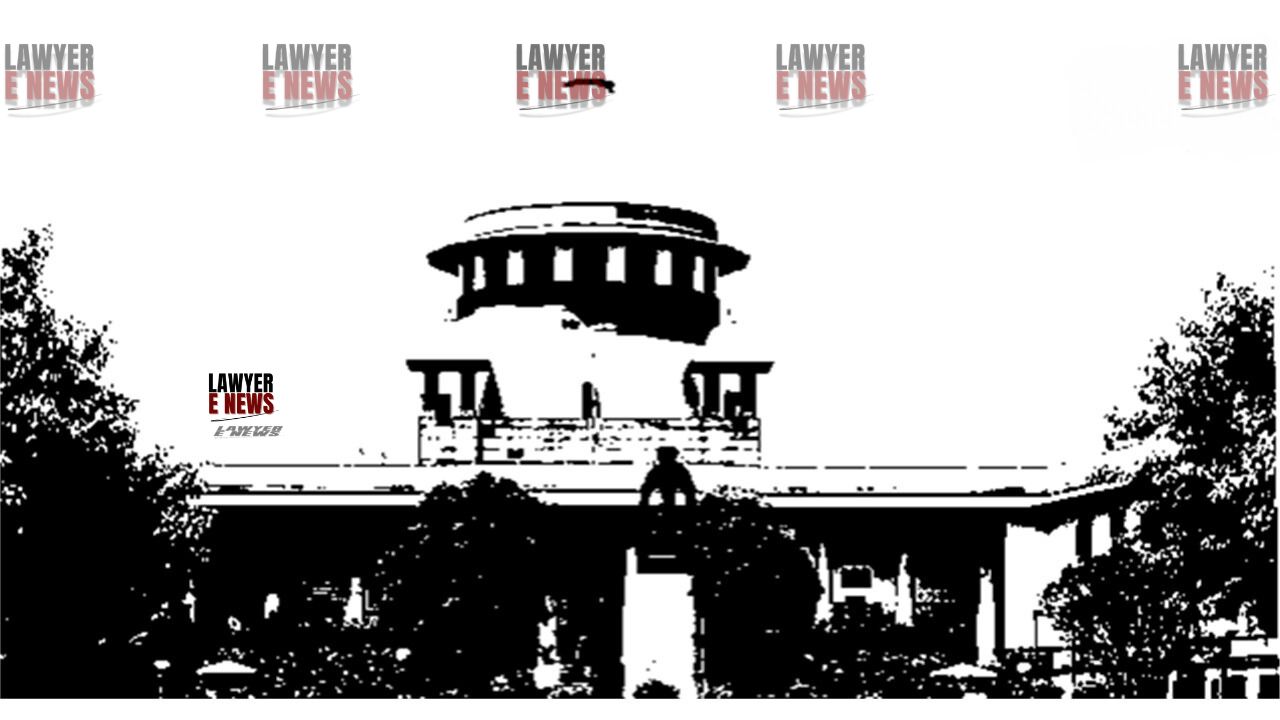-
by Admin
15 February 2026 5:35 AM



"No Direct Act of Instigation or Harassment Proven"—Supreme Court on Abetment of Suicide Charge. Supreme Court of India quashed the criminal proceedings against Nipun Aneja and two other officers of Hindustan Lever Ltd., who were accused of abetting the suicide of their colleague, Rajeev Jain, in 2006. The court found no sufficient evidence to suggest that the accused had directly instigated or harassed the deceased to commit suicide, thereby ruling that the case was an abuse of legal process.
The case originated from the suicide of Rajeev Jain, an employee of Hindustan Lever Ltd., who was found dead in a hotel in Lucknow on November 3, 2006. His brother, Rajnish Jain, filed a First Information Report (FIR) alleging that Rajeev was under pressure from company officers to accept a Voluntary Retirement Scheme (VRS), which ultimately led to his suicide. The officers, including Nipun Aneja, were accused of harassing and humiliating Rajeev, pushing him to take his own life.
The police charged the officers under Section 306 of the Indian Penal Code (IPC) for abetment of suicide, leading to criminal proceedings against them.
The primary issue was whether the accused officers' actions constituted "abetment" under Section 306 IPC, which defines abetment of suicide as instigating or intentionally aiding a person to commit suicide.
The appellants argued that they had not instigated or harassed the deceased, and there was no direct evidence to prove their involvement in pushing Rajeev Jain to commit suicide. The High Court had earlier rejected their plea for quashing the case, leading them to approach the Supreme Court.
The Supreme Court, after reviewing the evidence, concluded that the officers' actions did not amount to abetment of suicide. The court emphasized that under Section 306 IPC, there must be a clear, direct act of instigation or intentional aid to drive someone to suicide. The bench stated:
"There has to be a clear mens rea to commit the offence. It requires an active or direct act which led the deceased to commit suicide, seeing no other option."
The court also referred to prior judgments, stressing that mere harassment or workplace issues cannot be equated with instigation to commit suicide. The court noted that the deceased was one of many employees resisting the VRS, and there was no evidence that he was individually targeted or threatened by the accused officers.
"Putting the appellants to trial on the charge that they abetted the commission of suicide by the deceased will be nothing but an abuse of the process of law."
As a result, the Supreme Court quashed the proceedings, stating that no case of abetment was made out against the officers.
The Supreme Court’s ruling highlights the stringent legal standards for establishing abetment of suicide under Section 306 IPC. The court emphasized that without direct evidence of instigation or intentional harassment, criminal proceedings cannot be sustained. The case against Nipun Aneja and the other officers was thus dismissed.
Date of Decision: October 3, 2024
Nipun Aneja vs. The State of Uttar Pradesh.
